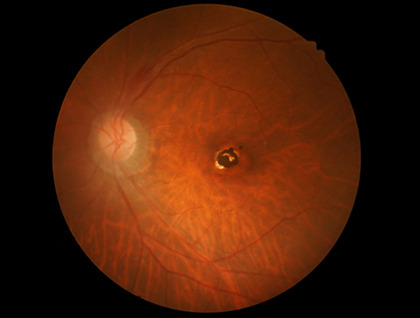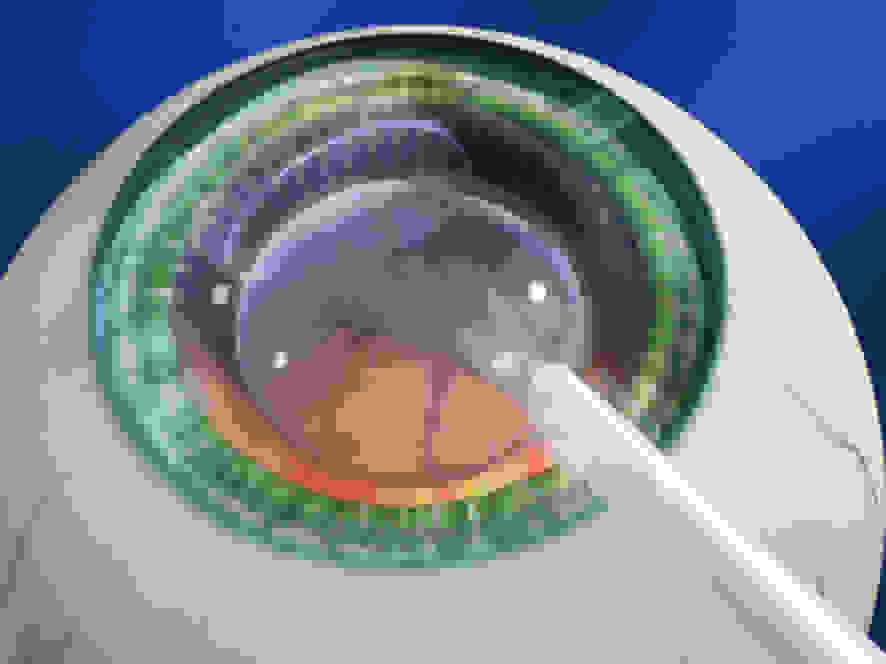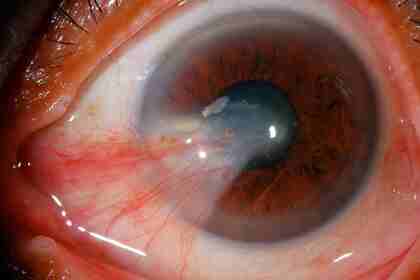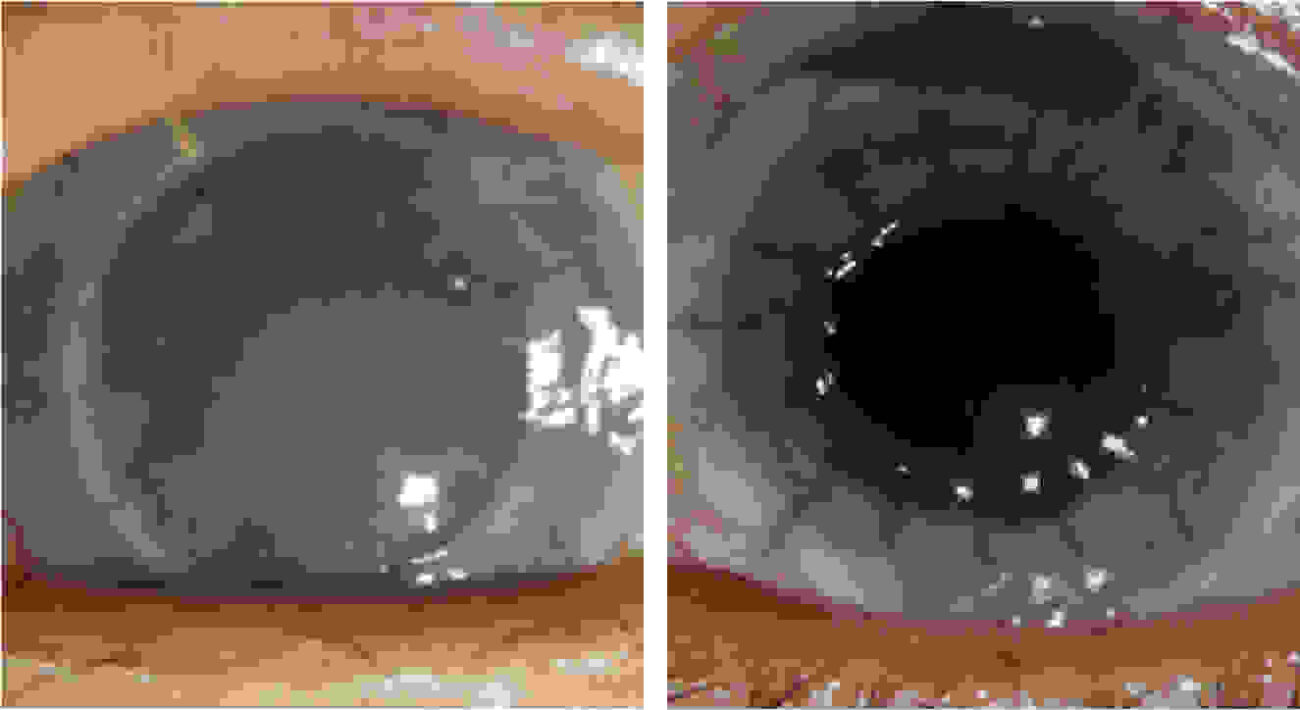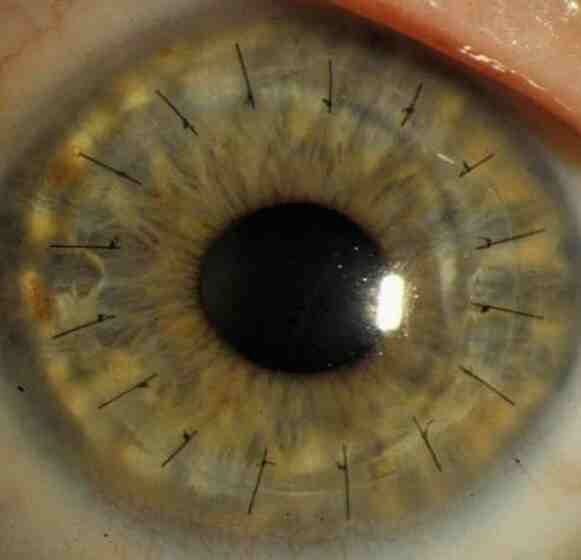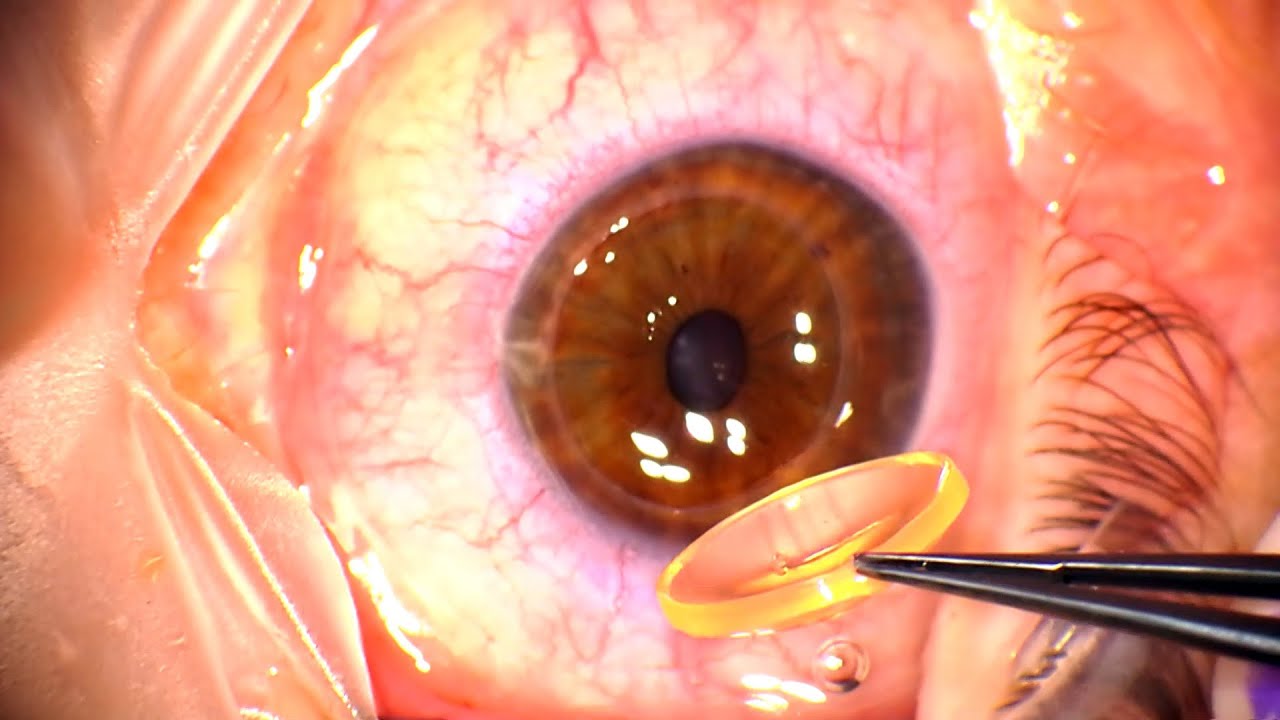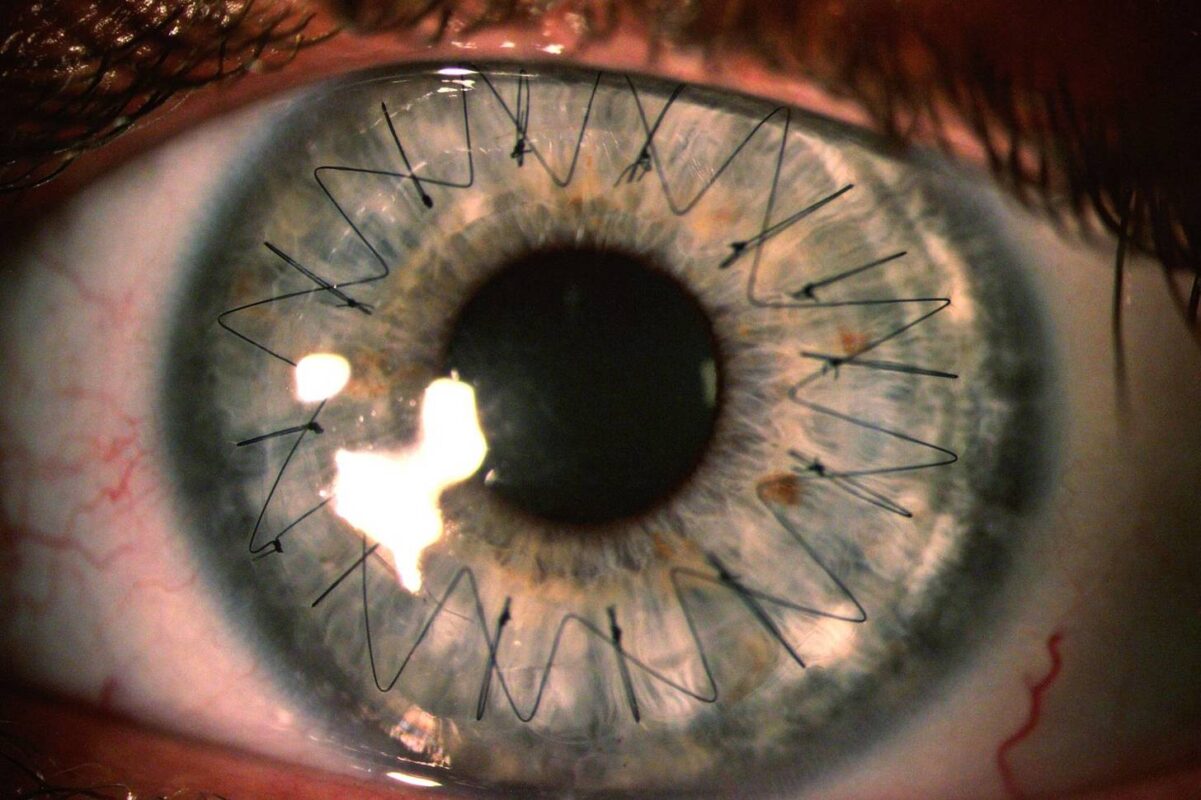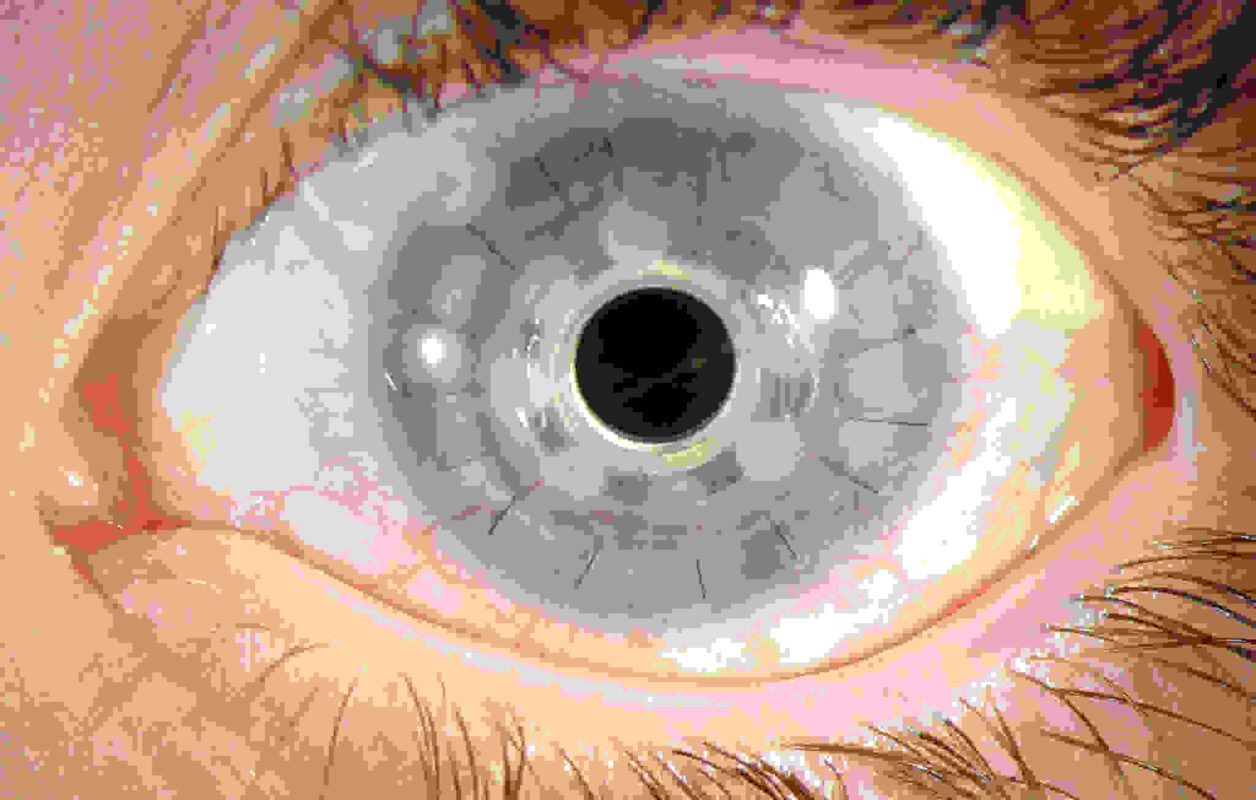Pterygium Surgery Restoring Clarity to Your Vision :
Introduction :
Pterygium surgery aims to remove non-cancerous growths on the eye’s surface that can cause discomfort and vision problems. Surgeons typically perform this procedure when conservative treatments fail to provide relief.The surgery involves removing the growth and preventing its return. While generally safe, it carries risks like infection and recurrence. Overall, it offers significant benefits in alleviating symptoms and improving vision.
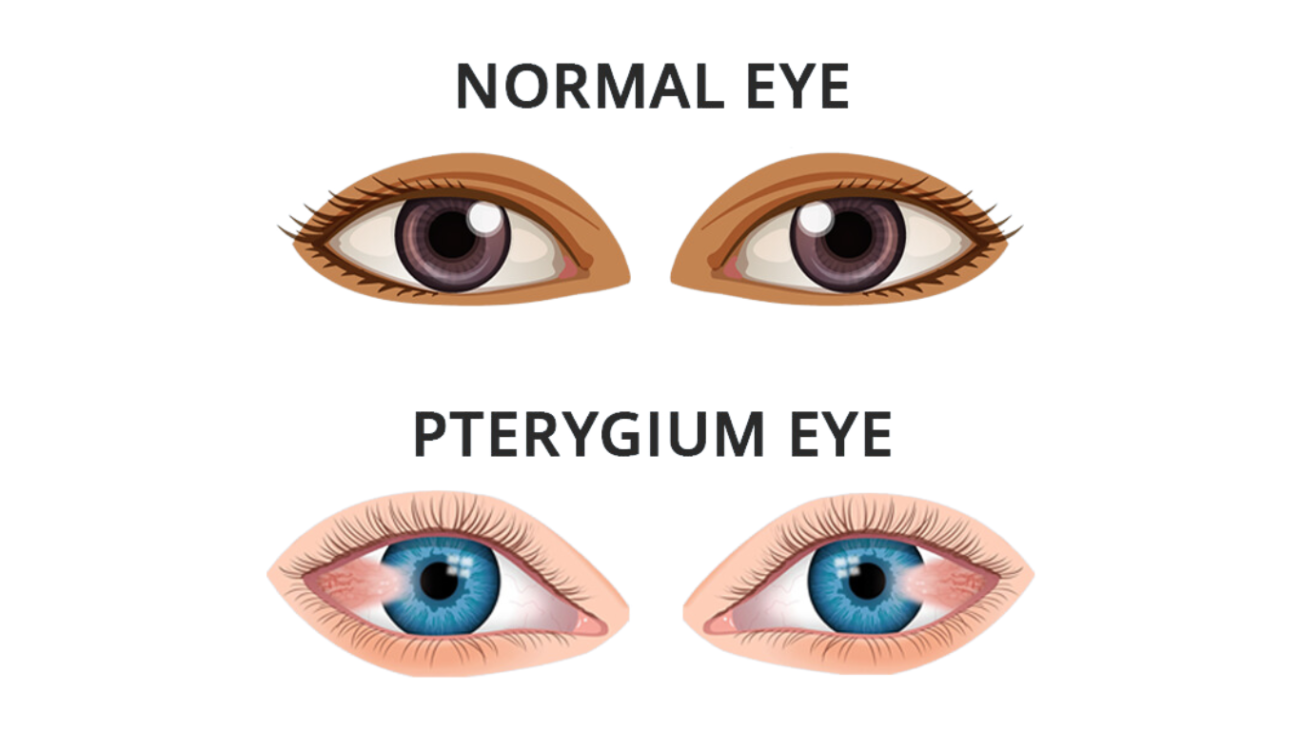
Understanding Pterygium :
What is a Pterygium
A pterygium is a flesh growth on the eye’s clear lining.
Causes of Pterygium :
Experts are uncertain about pterygium’s exact cause but link it to UV light, dust, wind, and environmental factors. Long-term irritation and inflammation of the conjunctiva may contribute to the development of pterygium.
Symptoms Associated with Pterygium
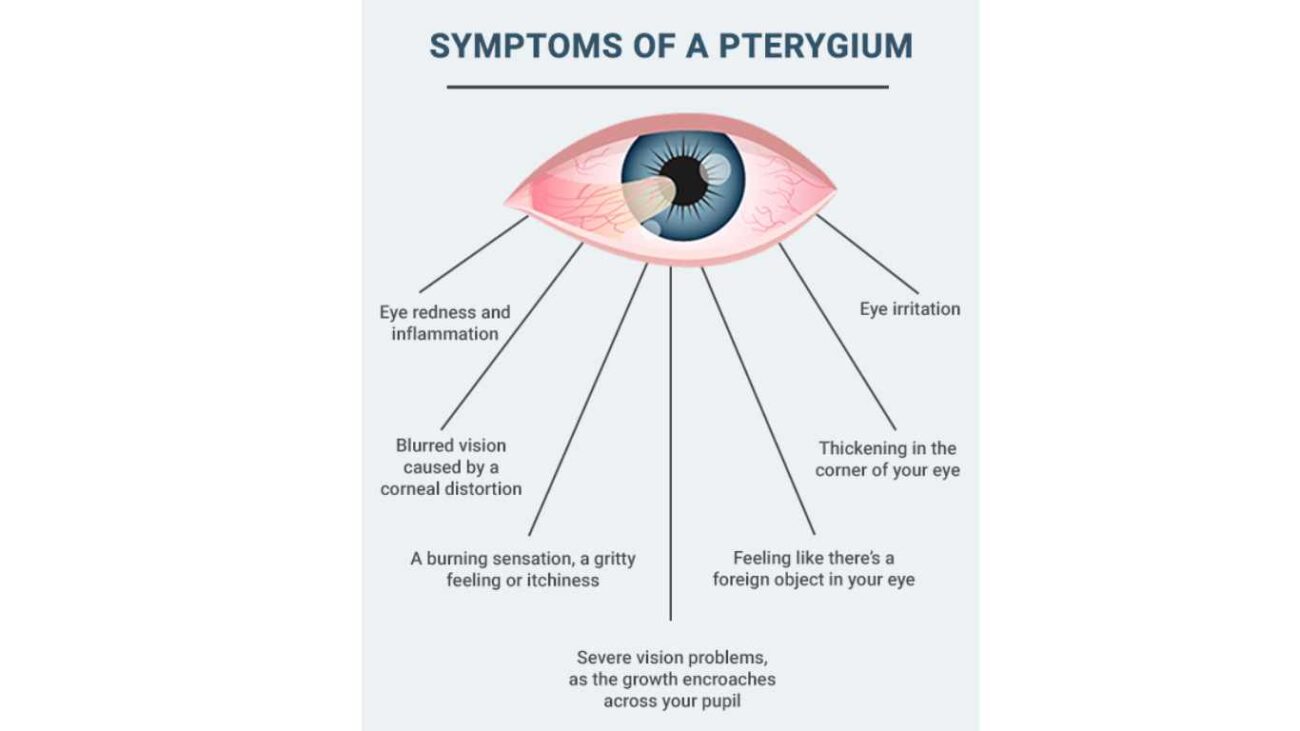
Pterygium causes redness, irritation, dryness, tearing, and a foreign body sensation in the eye.
Non-Surgical Treatments for Pterygium :
In mild cases, managing pterygium may involve utilizing non-surgical approaches.
- Eye drops and medications: Lubricating eye drops or anti-inflammatory medications may help alleviate symptoms.
- Wear sunglasses, use protective eyewear, and avoid UV light and dusty environments to prevent pterygium progression.
Indications :
Medical professionals typically recommend when it is necessary .
- The pterygium causes significant discomfort or interferes with vision.
- Non-surgical treatments fail to provide relief.
- The pterygium is growing rapidly or threatening to encroach onto the cornea.
Types of pterygium Surgery
Experts link pterygium to excessive UV light, dust, wind, and other environmental factors, though exact cause remains unclear.
- Surgeons remove pterygium and graft healthy conjunctival tissue to cover the affected area.
- After removing the pterygium, surgeons place an amniotic membrane over the bare area to promote healing and prevent recurrence.
- Surgeons may use different techniques or adjuvants like mitomycin C, depending on the case.
Before surgery, an ophthalmologist assesses your eye health and discusses the procedure with you.
Procedure of pterygium Surgery :
Surgeons typically perform pterygium surgery as an outpatient procedure under local anesthesia. The surgeon will carefully remove the pterygium and any abnormal tissue from the surface of the eye. Depending on the technique used, surgeons may place a graft over the area to promote healing and reduce the risk of recurrence.
Post-Operative Care and Recovery :
Following surgery, you will receive instructions on caring for your eye during the initial healing period. Patients may use prescription drops, wear an eye patch, and avoid straining activities post-surgery. Vision and comfort typically improve gradually.
Potential Complications :
Pterygium Surgery is generally safe, like any surgical procedure, it carries some risks. Potential complications may include:
- Infection: There is a small risk of developing an infection following surgery.
- Recurrence of Pterygium: Despite surgical removal, pterygium may recur in some cases.
- Other Complications: Rare complications may include scarring, inflammation, or damage to surrounding structures of the eye.
Benefits of pterygium Surgery
- Improved Vision: Removing the pterygium can improve vision and reduce astigmatism.
- Cosmetic Enhancement: It can also improve the appearance of the eye, particularly if the pterygium. was large or unsightly.
This costs vary based on technique, case complexity, and procedure location.
Patient Experience and Testimonials
Many individuals who undergo this surgery report significant improvements in their vision and quality of life. Real-life accounts and testimonials from patients can provide valuable insights into what to expect before, during, and after the procedure.
Alternatives :
In some cases, healthcare providers may manage pterygium with non-surgical treatments or observation. Your ophthalmologist will discuss the options with you and help determine the most appropriate course of action based on your individual needs and preferences.
Conclusion of Ptergium Surgery:
Pterygium surgery is a safe and effective treatment option for individuals with symptomatic or visually significant . By removing the abnormal tissue and promoting healing, surgery can improve vision, alleviate discomfort, and enhance the appearance of the eye. If you are experiencing symptoms of pterygium, consult with an ophthalmologist to explore your treatment options.
Author Details:
Dr. Sushruth Appajigowda holds a prominent position as a Cornea, Cataract, Glaucoma, and LASIK Surgeon in Bangalore. He serves as the chief Cataract and Refractive surgeon at Vijaya Nethralaya Eye Hospital, Nagarbhavi Bangalore. Renowned as one of the finest LASIK surgeons nationwide, he brings with him over 12+ years of experience across multiple LASIK platforms, including ZEISS, ALCON, SCHWIND, AMO, and Bausch and Lomb. Having successfully conducted over 5000 LASIK procedures, Dr. Sushruth holds the title of a Certified Refractive Surgeon and a Fellow of the All India Collegium Of Ophthalmology. Furthermore, he stands as a distinguished speaker at various National and International Forums, using his expertise to guide you in selecting the most suitable procedure based on your health requirements.

http://vijayanethralaya.com/link-in-bio/
FAQs :
- Is surgery painful? While recurrence can occur after surgery, surgeons can minimize the risk by using certain surgical techniques, such as grafting or amniotic membrane transplantation, and by carefully following post-operative care instructions.
- How long does it take to recover from surgery? Recovery time can vary depending on the individual and the surgical technique used. In general, most patients can expect to resume normal activities within a few days to a week after surgery, although full healing may take several weeks to months.
- Recurrence after surgery is possible. While recurrence can occur after surgery, surgeons can minimize the risk by utilizing certain surgical techniques, such as grafting or amniotic membrane transplantation, and by carefully adhering to post-operative care instructions.
- surgery? It is recommended to avoid driving immediately after surgery until your vision has fully recovered and you feel comfortable behind the wheel. Your surgeon will provide guidance on when it is safe to resume driving.
- Are there any long-term complications of Surgery? While rare, long-term complications such as scarring, chronic inflammation, or changes in vision may occur. Regular follow-up appointments with your ophthalmologist can help monitor for any signs of complications and address them promptly if they arise.





